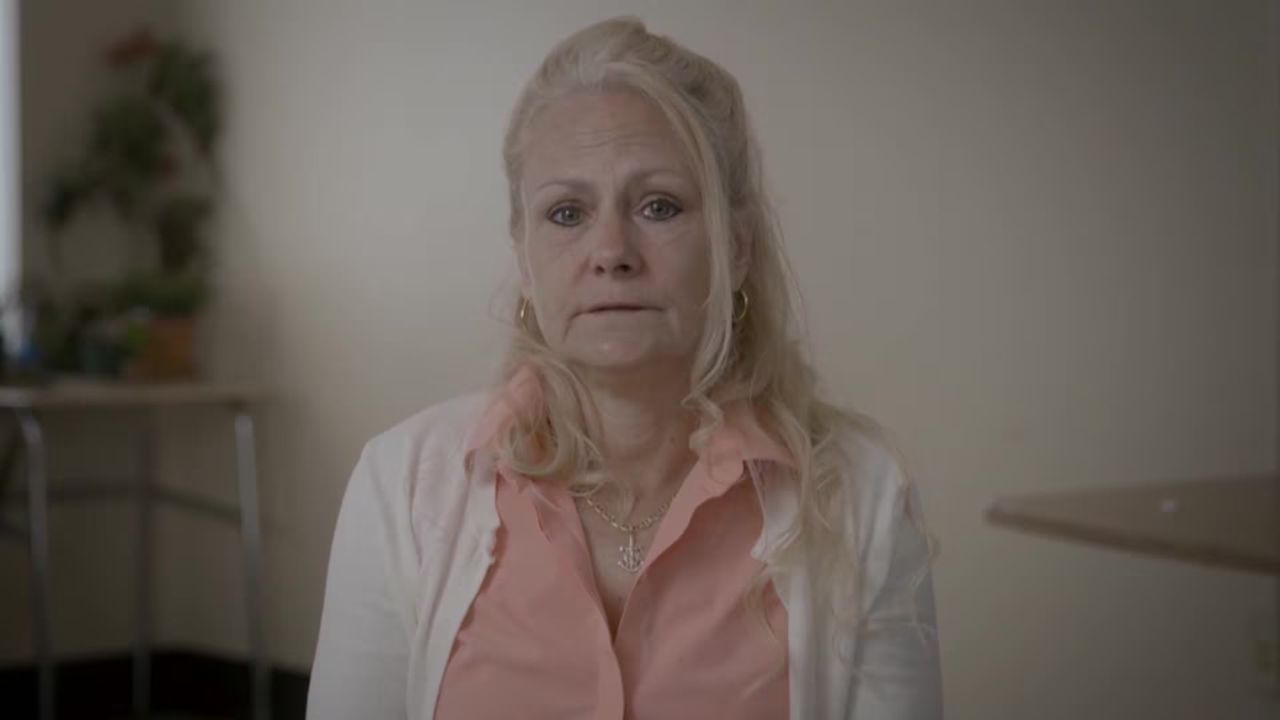In a recorded statement made public on Tuesday, Pamela Smart—who is currently serving a life sentence for conspiring with her teenage student to have her husband killed in 1990—admitted full responsibility for his killing for the first time. This came as part of her most recent request for a reduced sentence.

When Smart, 56, started an affair with a 15-year-old boy who subsequently shot and killed her husband, Gregory Smart, in Derry, New Hampshire, she was a 22-year-old high school media coordinator. The gunman served a 25-year sentence before being released in 2015. Pamela Smart was found guilty of first-degree murder and other charges despite her denials of knowledge of the scheme, and she was given a life sentence without the possibility of release.
Smart had spent almost 34 years behind bars. She added in the recorded testimony that she joined a writing group that pushed prisoners “to go beyond and to spaces that we didn’t want to be in,” and that this is how she started to “dig deeper into [her] own responsibility.”
“For me, that was hard, because going into those places, in those spaces is where I found myself responsible for something I desperately didn’t want to be responsible for: my husband’s murder,” she said, her voice quavering. “I had to acknowledge for the first time in my mind and my own heart how responsible I was, because I had deflected blame all the time, I think, almost as if it was a coping mechanism because the truth of being so responsible was very difficult for me.”
She requested an “honest conversation” with Governor Chris Sununu as well as the five members of the Executive Council of New Hampshire, which oversees appointments to the courts and state agencies as well as contracts from the state. Smart must go through the council to get her sentence changed because she has run out of options for judicial appeal.
After the council denied her third request in 2022, Smart filed an appeal with the state Supreme Court, which denied her request last year.
Gregory Smart’s cousin Val Fryatt claimed on Tuesday to the Associated Press that Smart had only “danced around” taking the blame “without admitting the facts around what made her ‘fully responsible.'”
According to Fryatt, Smart “not even once” mentioned the victim’s name in the video.
Letters were addressed to Sununu, the state attorney general’s office, and the council members requesting feedback on the statement and petition.
“New Hampshire’s process for commutation or pardon requests is fair and thorough,” Sununu’s office said in a statement. “Pamela Smart will be given the same opportunity to petition the Council for a hearing as any other individual.”
“I will look into it,” Councilor Joseph Kenney responded in an email. “It’s not on my radar screen as of yet.”
Smart is currently incarcerated in Westchester County, New York, in the Bedford Hills Correctional Facility. While incarcerated, she completed three master’s degrees and a doctorate in ministry. She has also served as an inmate liaison committee member, tutored other prisoners, and received her ministerial ordination. She claimed to have received rehabilitation and to be regretful.
“I made excuses, dismissed my involvement, and blamed everyone else but myself,” Smart wrote in her letter to Sununu. She said she had previously become “comfortable in [her] warped logic” that because she wasn’t there the night of the murder and didn’t pull the trigger, she wasn’t responsible.
She added, “I am the one to blame for his absence from this world.”
According to Mark Sisti, Smart’s longtime attorney, the petition was submitted last week.
He remarked, “We’re trying to make it clear to the governor and council that we think this is the right time for them to listen to her.” “She would be delighted to address any queries they may have if they have any.”
Her petition included nearly thirty letters of support, many from individuals involved in the criminal justice system.
In a letter dated March 14, New York State Assemblyman Edward Gibbs stated, “She is the true definition of a rehabilitated, improved and refined human being.”
One of the earliest high-profile cases involving a kid and a school staff member having a sexual encounter in America, the trial was a media circus.
Joyce Maynard used the case as inspiration for her 1992 book “To Die For.” It served as the basis for the 1995 movie of the same name, which starred Nicole Kidman and Joaquin Phoenix. William Flynn, the murderer, and three other teenagers collaborated with the prosecution. Since then, they’ve all been set free.
According to Flynn’s testimony, Smart had informed him that she needed her husband dead because she thought getting a divorce would mean losing everything. According to him, she had threatened to end their relationship if he didn’t murder Gregory Smart.


Comments are closed, but trackbacks and pingbacks are open.